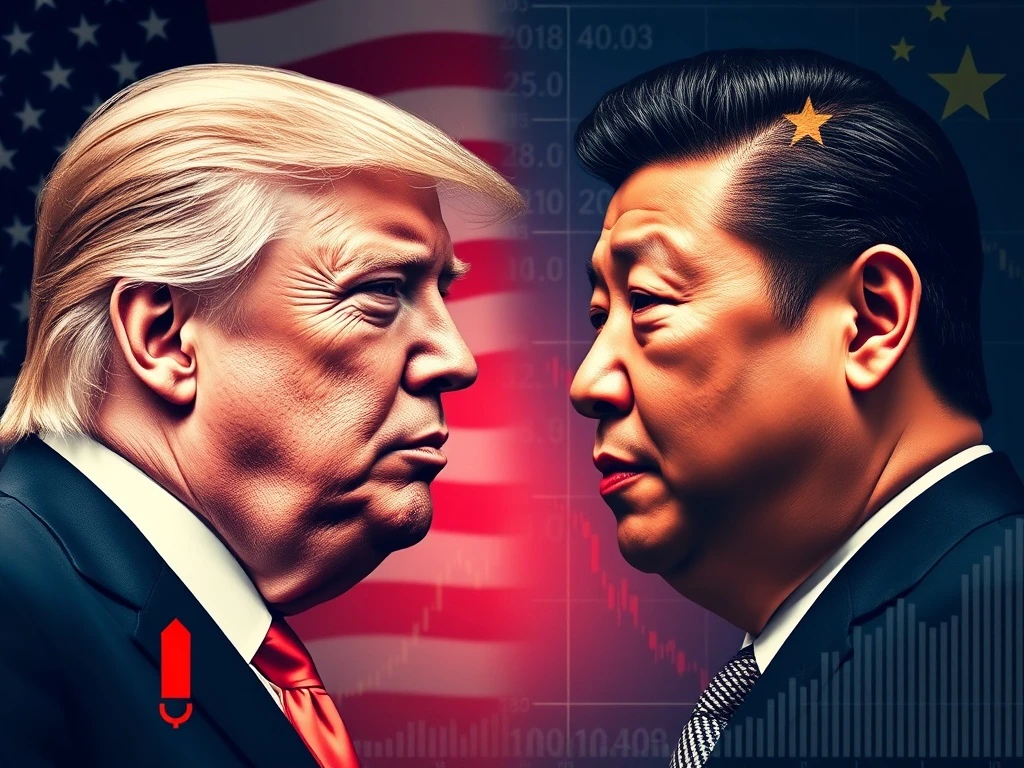Trump’s U.S.-China Trade Directives Shake Global Markets and Cryptocurrency Stability

President Trump’s direct approval mandates for U.S.-China trade agreements are sending shockwaves through global markets, including cryptocurrencies. With heightened geopolitical tensions and unpredictable policy shifts, investors must brace for volatility. Here’s what you need to know.
How Will Trump’s U.S.-China Trade Policies Impact Cryptocurrency?
The cryptocurrency market is highly sensitive to geopolitical instability. Trump’s centralized approach to trade negotiations could lead to:
- Increased volatility as investors seek safe-haven assets.
- Potential regulatory crackdowns on crypto in response to economic nationalism.
- Accelerated development of central bank digital currencies (CBDCs) like China’s digital yuan.
Geopolitical Stability and Market Reactions
Trump’s “America First” strategy may disrupt global trade dynamics, affecting:
| Sector | Potential Impact |
|---|---|
| Technology | Supply chain disruptions, tariffs on Chinese imports. |
| Commodities | Fluctuating demand for oil and agricultural products. |
| Currency Markets | Instability between USD and CNY, currency manipulation risks. |
What Does This Mean for Investors?
Businesses and crypto traders should prioritize:
- Diversification: Reduce reliance on single markets or assets.
- Resilience: Prepare for sudden policy shifts.
- Adaptability: Stay informed on regulatory changes.
Conclusion: Navigating Uncertainty
Trump’s direct oversight of U.S.-China trade introduces both risks and opportunities. While faster decision-making may benefit some sectors, unpredictability could destabilize markets. Cryptocurrency investors must stay vigilant as geopolitical tensions shape economic outcomes.
Frequently Asked Questions (FAQs)
- How does Trump’s trade policy affect Bitcoin?
Bitcoin may see volatility as investors react to geopolitical risks, with potential spikes during crises. - Will China’s digital yuan gain an advantage?
Yes, if U.S. policies push countries toward alternative financial systems. - Are tariffs bad for crypto?
Not necessarily, but market instability from trade wars can increase crypto volatility. - Should I diversify my crypto portfolio now?
Yes, spreading investments across assets can mitigate geopolitical risks.









